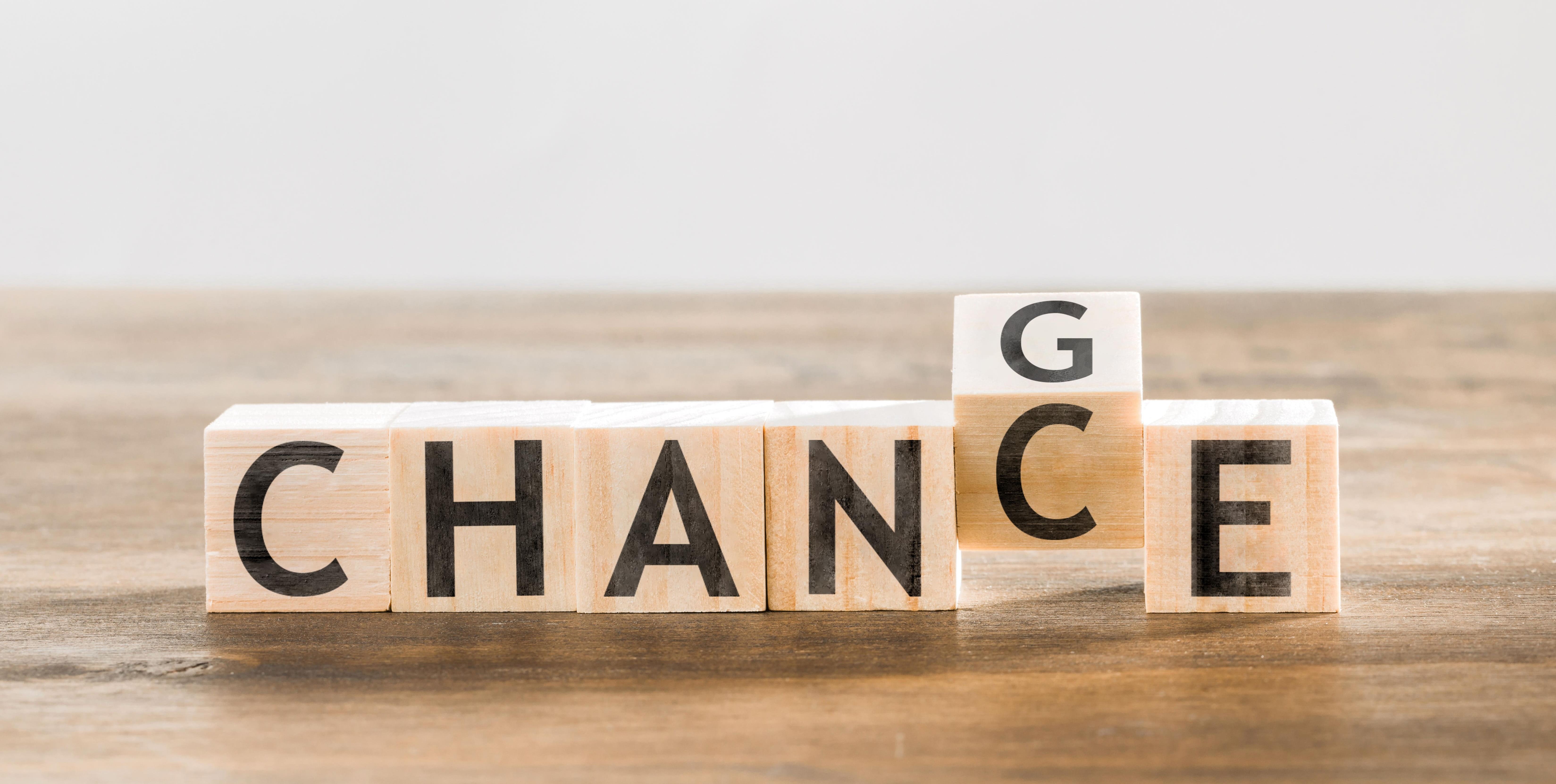Not Just My Child: Discovering My Own Hidden Disability Through Parenthood

Over the past 10 to 15 years, there’s been a marked increase in the number of children and young people diagnosed with mental health and neurodevelopmental conditions. This rise is, in part, due to better identification, increased awareness, and decreasing stigma around seeking support. It also reflects a society that is, in many ways, more stressed and fast-paced—where the demands on young people and their families have intensified.
In Australia, for example, mental health concerns among young people have increased significantly. According to the Australian Institute of Health and Welfare, nearly 1 in 7 children aged 4–17 years were assessed as experiencing a mental disorder in a given year (AIHW, 2022). Referrals for developmental assessments, including autism and ADHD evaluations, have also risen sharply in recent years.
With this shift, we’re also seeing greater awareness of what are often called “hidden disabilities.” These may not be visible to others but can deeply affect how a young person thinks, feels, learns, and interacts with the world. Conditions such as ADHD, Autism Spectrum Disorder, learning difficulties, sensory processing differences, and emotional regulation challenges all fall into this category.
Relief and Recognition… Then Grief and Guilt
For many parents, a diagnosis brings a sense of clarity. There’s relief in finally having an explanation for the struggles their child may have faced—in school, in friendships, at home. It can validate a parent’s instincts that something deeper was going on, beyond what others may have dismissed as “bad behaviour” or “laziness.”
But alongside that clarity often comes an emotional rollercoaster. Parents may experience grief—grieving the parenting journey they expected to have, or the ways they see their child struggle with things that come more easily to others. There’s guilt, too. Guilt for not noticing earlier. Guilt for how they may have responded to their child before understanding the challenges. Guilt for the stress it may have placed on siblings, relationships, and family life.
And sometimes, guilt turns inward. It’s not uncommon for parents to recognise their own struggles reflected in their child—difficulty with focus, social anxiety, emotional sensitivity, or sensory overwhelm. Some parents realise, often for the first time, that they may have lived with undiagnosed ADHD, autism, or anxiety themselves. This realisation can bring insight and healing—but also sadness.
“Why didn’t anyone help me?”
“What could my life have looked like if I’d been supported?”
“Did I pass this on to my child?”
These thoughts are heavy and can stir up old wounds—especially if, in their own childhood, a parent was misunderstood, criticised, or shamed for behaviours that now make sense through a different lens.
When Two Journeys Intertwine
When parents begin to explore their own needs alongside their child’s, it can feel overwhelming—but also transformative. Many adults go on to seek their own assessments and are formally diagnosed, sometimes decades after first experiencing difficulties. These discoveries can offer a new perspective and open doors to support, both personally and within the family system.
In many families, this process also opens up the conversation with extended family and friends. Parents may find themselves needing to explain both their child’s and their own diagnosis to others—sometimes for the sake of understanding, sometimes in the face of judgment. These are vulnerable moments, but they can also bring greater connection and compassion when met with curiosity rather than criticism.
Moving Toward Growth
Parenting a child with a hidden disability is undeniably challenging—but it can also be a path of deep personal growth. Parents often become strong advocates, fierce learners, and compassionate listeners—not just for their child, but for themselves. They become more attuned to emotional needs, more patient with difference, and more open to reimagining what success and happiness look like.
Growth doesn’t erase the grief or guilt—but it gives it somewhere to go. It transforms it into understanding, resilience, and a new kind of connection.
You’re Not Alone
At Future Minds Psychology, we walk alongside families navigating this complex and deeply personal journey. Whether you're seeking support for your child, wondering about your own experiences, or looking to better understand a recent diagnosis, we’re here to help.




